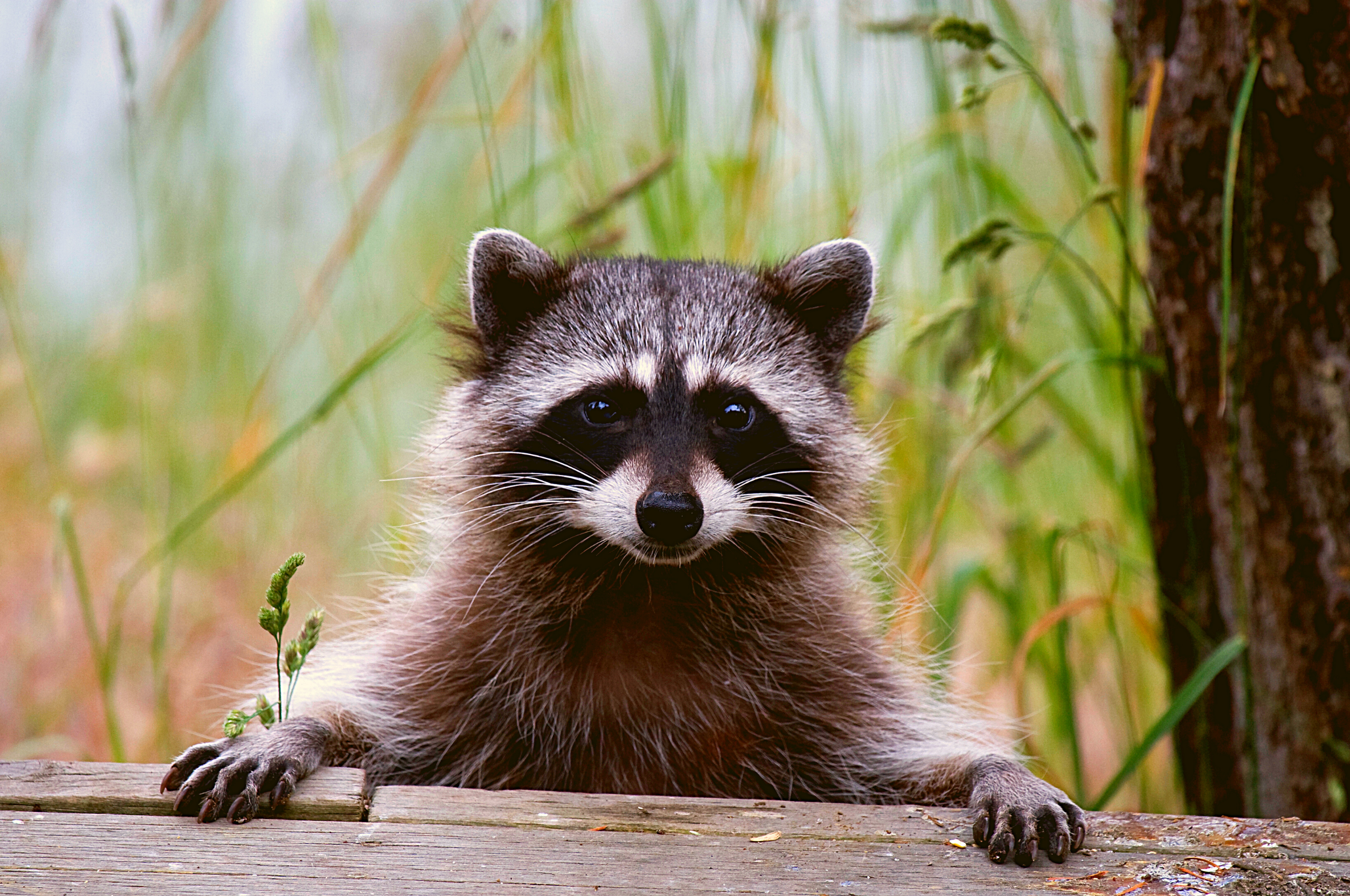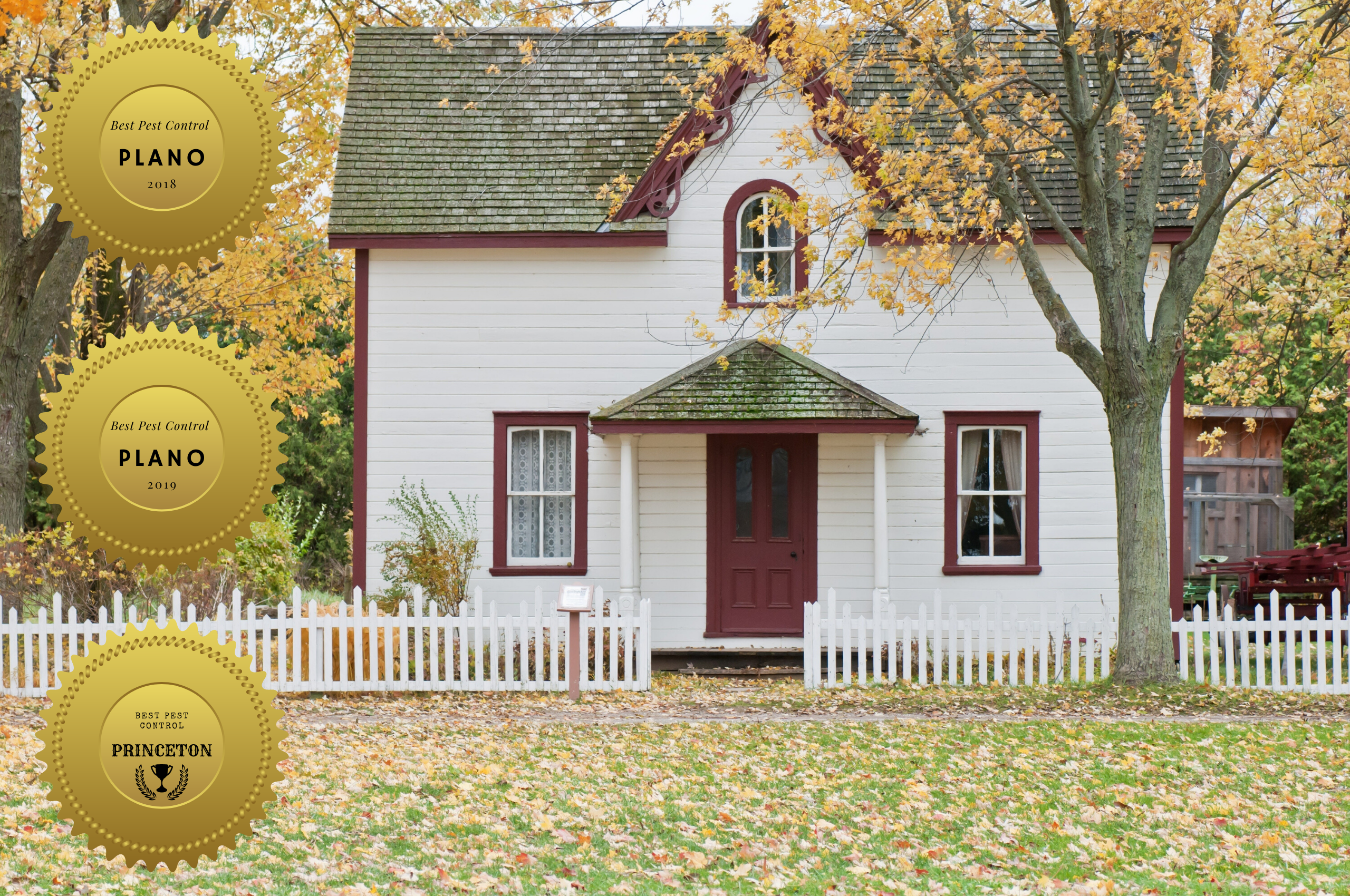Raccoons
If you own a home or business, protecting it from pests is an important part of maintenance. Some animals like raccoons can be harmful to people and property. While raccoons may look like cute furry bandits that are out to steal your heart, they are actually quite dangerous pests. Raccoons are dangerous to pets, damaging to buildings, and they can injure humans or make them sick by exposure to feces, urine, or saliva or by raccoon scratches and bites. To protect your home or business from raccoons, first learn about these pests, their behaviors, steps for prevention, and contact Stellar Pest & Wildlife should an infestation occur.
What Are Raccoons?
Raccoons are medium-sized nocturnal mammals known for their dexterous front paws and mask-like eye coloring. Raccoons originate mostly from forests but have adapted to other natural habitats and urban areas, such as near homes and businesses in Texas. These pests are known to invade garbage, steal pet food, and even make nests inside attics. Raccoons are considered a rabies-vector species because they can carry and spread rabies, so it’s especially important to protect your pets, family, employees, and customers from them.

How Do I Identify Raccoons?
Raccoons are easy to identify by their black eye coloring. These animals are bigger than common house cats and about the size of small to medium-sized dogs. Their fur is grayish and consists largely of a thick undercoat. Raccoons have long tails that are often striped with dark rings.
How Did I Get Raccoons?
All across North America, raccoons are a common animal to be seen. Sometimes they live in the wilderness and are driven toward urban areas in the winter. Raccoons look for easy food sources such as garbage, left out food or scraps and may also look to your home or business for shelter or a place to bear young. The shelter that they may seek in your home or building could include an attic, shed, wall, chimney, or crawl space.
How Do I Prevent Raccoons?
Like most pests, raccoons are attracted to food and shelter. We recommend securing trash cans and don’t leave any food or scraps or pet food outside. Pick up any fallen edibles like fruits or nuts. Put fences around your yard or parking lot, and use barriers so they can’t climb up fruit trees. Most of all, never feed raccoons. If you suspect you have a raccoon problem, you should seek the advice of the wildlife control experts at Stellar Pest and Wildlife on how to get rid of raccoons. Our professionals know the best treatment methods for raccoon pest control in Texas.
How to Prepare for Our Visit
To prepare for a Stellar Pest and Wildlife’s bed bug treatment of your home or business, you should gather the following information:
* A list of any places that you have seen raccoons on your property
* Any scurrying or noises at night within the walls
* The location of any droppings
In order to prepare your home or business, you should:
* Make sure that all food that is not in a can or jar is stored in the refrigerator or heavy plastic container during service
* Repair any holes in walls, or doors that don’t seal properly
* Keep all pets in a single room of your home away from the area the raccoon is residing
* Cover or remove all garbage or garbage cans
Some of Our Work
We promise to treat your home or business like we would our own! We use only the best materials, and will provide you with a professional, honest and custom service plan fitted for you, guaranteed. Find out why we have been awarded with Best Pest Control of Plano 2018 & 2019 and Best Pest Control of Princeton.


